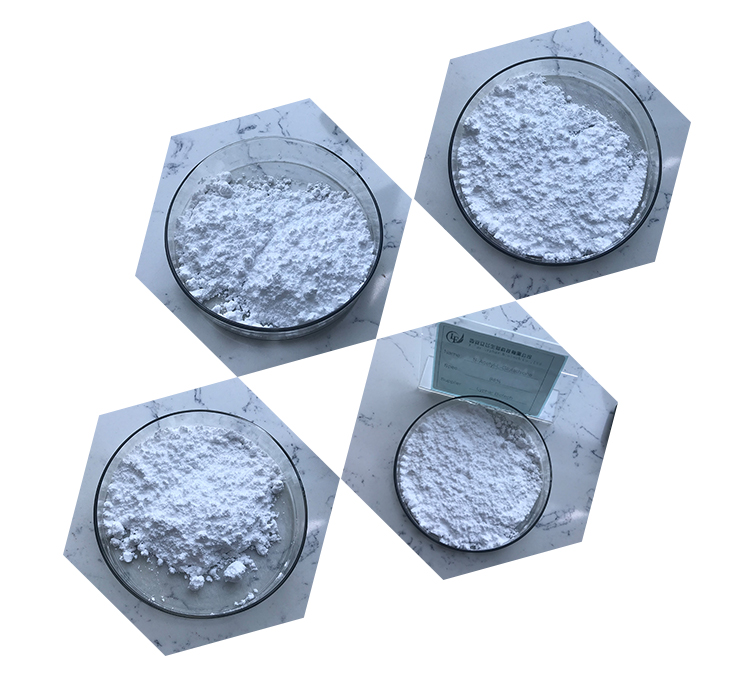S-Acetyl-L-Glutathione (SAG) is a form of the antioxidant glutathione that has been modified to potentially improve its stability and bioavailability. Here are the pros and cons associated with its use:
Pros of S-Acetyl-L-Glutathione
- Improved Stability: S-Acetyl-L-Glutathione is more stable than reduced glutathione, meaning it is less likely to degrade during digestion and storage. This stability can enhance its shelf life and effectiveness when taken as a supplement.
- Enhanced Bioavailability: The acetylation of glutathione helps it survive the digestive process and increases its ability to be absorbed into the bloodstream. This can lead to higher intracellular levels of glutathione compared to other forms.
- Potent Antioxidant: Like regular glutathione, S-Acetyl-L-Glutathione acts as a powerful antioxidant. It helps neutralize free radicals, reducing oxidative stress and potentially lowering the risk of chronic diseases.

- Detoxification Support: Glutathione is crucial for detoxification processes in the liver, aiding in the elimination of toxins and heavy metals from the body.
- Immune System Support: Glutathione plays a role in maintaining a healthy immune system by regulating and boosting immune cell functions.
- Skin Health: By reducing oxidative stress, S-Acetyl-L-Glutathione may contribute to healthier, more youthful skin. Some studies suggest that glutathione can help reduce hyperpigmentation and improve skin elasticity.
- Potential Neuroprotective Effects: There is some evidence that glutathione can protect against neurodegenerative diseases by reducing oxidative damage in the brain.
Cons of S-Acetyl-L-Glutathione
- Cost: S-Acetyl-L-Glutathione supplements tend to be more expensive than other forms of glutathione due to the additional processing involved in acetylation.
- Limited Research: While promising, the research on S-Acetyl-L-Glutathione specifically is not as extensive as that on general glutathione. More studies are needed to fully understand its benefits and long-term safety.
- Potential for Gastrointestinal Issues: Some users report mild gastrointestinal discomfort, such as bloating or cramps, when taking S-Acetyl-L-Glutathione.
- Variable Absorption: Despite improved bioavailability, individual absorption rates can vary. Factors such as age, health status, and concurrent use of other supplements or medications can affect how well S-Acetyl-L-Glutathione is absorbed.

- Possible Allergic Reactions: Although rare, some individuals may experience allergic reactions to S-Acetyl-L-Glutathione. Symptoms can include itching, rash, or more severe reactions in sensitive individuals.
- Interactions with Medications: As with any supplement, there is potential for interaction with medications. It’s particularly important for individuals taking chemotherapy or other oxidative stress-related treatments to consult with their healthcare provider before using S-Acetyl-L-Glutathione.
Conclusion
S-Acetyl-L-Glutathione offers several potential benefits, particularly in terms of stability and bioavailability, making it a promising supplement for enhancing antioxidant defenses and supporting overall health. However, its higher cost, limited research, and potential for side effects should be carefully considered. Consulting with a healthcare provider before starting any new supplement regimen is advisable.
